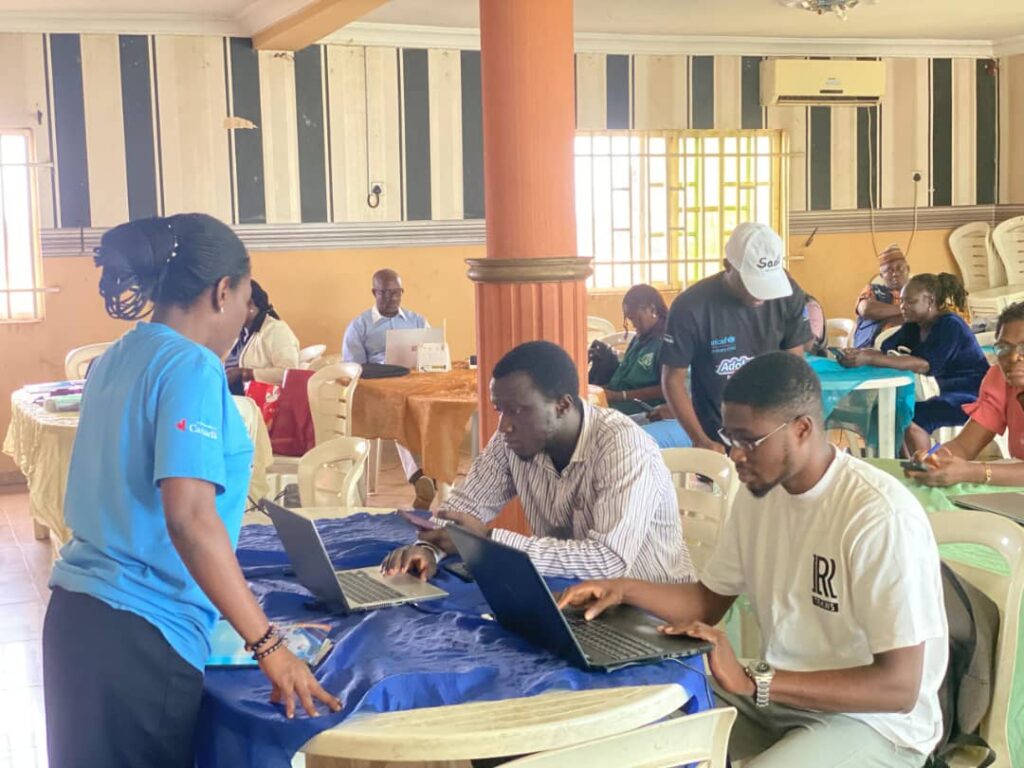Stakeholders in Osun State have called for stronger healthcare interventions to support the growth and development of adolescents.
The call was made on Tuesday in Osogbo during the quarterly meeting of the Adolescent & Youth Health and Development Technical Working Group (AYHD TWG).
They urged greater collaboration from Civil Society Organisations (CSOs), international donors, and non-governmental organisations to safeguard the rights of young people and promote their development.
Mrs. Roseline Akinlabi, Adolescent Health Desk Officer at the Osun Primary Healthcare Board, said the meeting was convened to synergise on issues affecting adolescents and chart a way forward.
She explained that adolescence spans ages 10 to 19, a period when many young people lack proper knowledge of their sexual and reproductive health rights.
“This is a stage when young girls get confused about their sexual healthcare. If they are not guided, they risk becoming victims of early and unwanted pregnancies,” Akinlabi noted.
She commended CSOs, the state government, and international partners for prioritising adolescent development, stressing that the technical working group would continue to drive awareness, collaboration, and knowledge sharing.
Also speaking, Mrs. Busari Rabiyat, an adolescent advocate and TWG member, called for joint efforts to end stigmatization and urged the integration of digital literacy into school curricula, alongside improved access to youth-friendly health services.
Mr. Olatunbosun Olabomi, Coordinator of the One House Development Initiative, emphasised the need for young people to be equipped with accurate information to make safe choices about their reproductive health.
“When adolescents are properly informed, it makes society safer for them,” Olabomi said.
The Director of Basic Education at the Osun State Ministry of Education, Mr. Oyetunji Mayowa, said adolescent health should be a collective responsibility involving parents, teachers, and community leaders.
He added that the state government has prioritised issues around mental health, gender-based violence, teenage pregnancy, and unplanned marriages, while also engaging schools and parents in continuous sensitization programmes.















